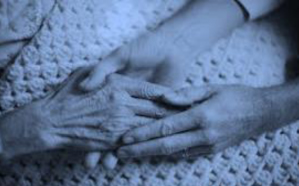Elder Self-Neglect and What Families Can Do?
Your important decisions deserve sound, competent legal advice.
Elder self neglect is the failure of a person to provide for his or her own needs because of an inability to do so. A survey conducted by the National Association of Professional Geriatric Care Managers finds that self-neglect among seniors is the most common form of non-financial elderly abuse/neglect encountered by care managers, far outpacing encounters with physical or sexual abuse or neglect by others.
Signs of self-neglect include:
1. Poor personal hygiene/not bathing or taking care of hair and nails;
2. Poor medication management or refusing to take medications;
3. Dehydration, malnutrition or other unattended health conditions, including bed sores;
4. Unsanitary or very unclean living quarters;
5. Unpaid bills, bounced checks or utility shut-offs;
6. Lack of adequate food in house or weight loss; and,
7. Inadequate or inappropriate clothing.
Self-determination.
Seniors have the right to make choices about these issues even when the decisions are poor ones. In other words, life style choices, whether you agree or not, are not sufficient to constitute self-neglect. Professionals have an ethical duty to respect autonomous decisions of competent adults.
Guardianship.
Guardianship may be appropriate when the poor decisions by a senior are the result of impaired judgment. A loved one suffering from dementia or mental illness may simply fail to comprehend the danger they are placing themselves in. Only persons who the court determines our incompetent, which requires medical documentation, may have a guardian appointed.






